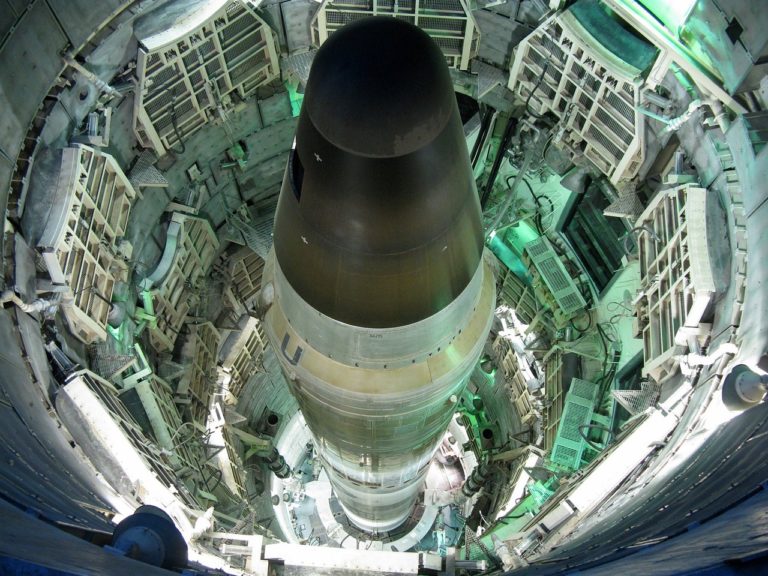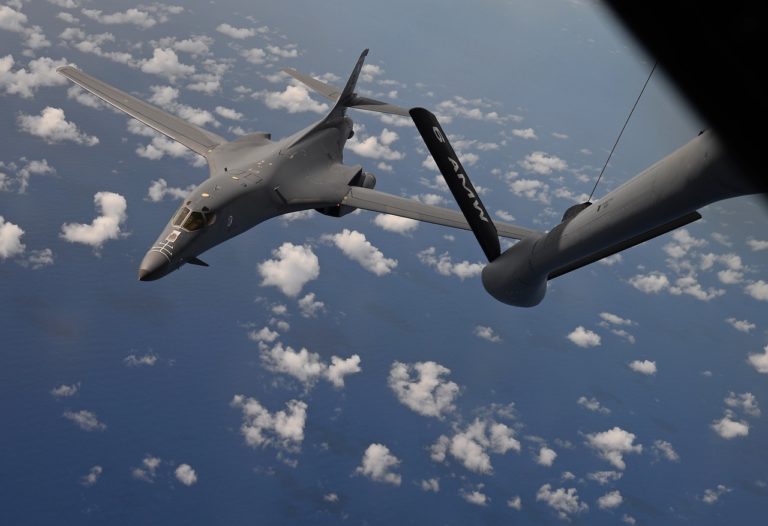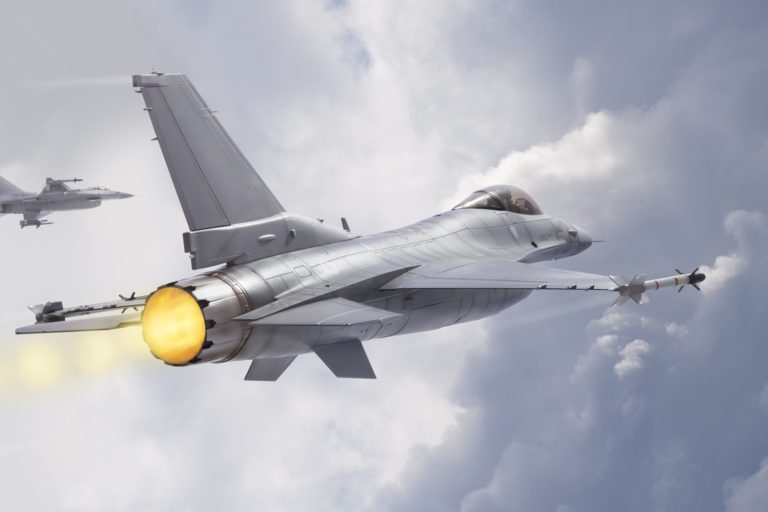Unveiling the challenges of military recruitment in modern times
Recruitment has always been a crucial aspect of military operations. The military relies on a steady influx of motivated, skilled individuals to maintain their effectiveness and fulfill their mission. However, in modern times, military recruitment faces unique challenges that require innovative solutions.
One of the primary challenges facing military recruitment today is competition from various job markets. With the diversification of career opportunities, young individuals have a wide range of options to choose from. Many lucrative professions attract smart and talented individuals, diverting their attention away from military service. As a result, the pool of potential recruits shrinks, making it difficult for the military to find suitable candidates.
Moreover, societal and cultural changes have influenced the perception of military service. In the past, joining the military was often considered an honorable and noble path. However, public sentiment has shifted in recent years, mainly due to negative portrayals of military activities in the media and growing skepticism about military interventions. These factors have led to a decline in the attractiveness of military service, making it harder to persuade young individuals to join.
Another significant challenge revolves around fitness and health issues. Modern lifestyles, characterized by sedentary behavior and unhealthy eating habits, have resulted in an increase in obesity rates and a decline in overall fitness levels. These factors pose hurdles for potential recruits who need to meet specific health and fitness standards to be eligible for military service. Additionally, mental health concerns, such as stress, anxiety, and depression, affect recruitment as individuals with these conditions may be disqualified or hesitant to join an environment that can exacerbate their mental health struggles.
Additionally, the rise of new technologies has transformed the way in which military operations are conducted. The advent of drones, artificial intelligence, and cybersecurity has created a demand for individuals with specialized skills in these fields. Consequently, military recruitment faces competition from the private sector, where these individuals can often find more lucrative positions and cutting-edge projects. To address this challenge, the military must enhance its recruitment strategies, showcase the unique opportunities it offers in these emerging areas, and offer competitive compensation packages to attract top talent.
Furthermore, the increasing complexity and global nature of conflicts have made military operations more demanding than ever before. Modern military missions require not only physical strength, but also critical thinking, adaptability, and cultural sensitivity. These diverse skill sets can be challenging to find in potential recruits, as many young individuals may not possess or fully comprehend the magnitude of the skills needed. Consequently, recruitment efforts must focus on education and awareness to better inform individuals about the diverse skill sets required for modern military operations.
To overcome these challenges and maintain an efficient and capable military force, recruitment strategies must evolve. A multi-faceted approach is necessary to attract potential recruits.
Firstly, public perception of military service needs to be addressed. Initiatives should focus on highlighting the positive aspects, such as providing opportunities for personal growth, acquiring valuable skills, and serving one’s country. Additionally, efforts should be made to dispel misconceptions and provide a realistic portrayal of military life.
Secondly, recruitment efforts should emphasize the unique career opportunities available in the military. By showcasing the cutting-edge technologies, diverse roles, and the chance to work in multidisciplinary teams, the military can position itself as an attractive option for the younger generation, giving them a sense of purpose and fulfillment.
Lastly, investment in education and training programs is crucial for developing the required skill sets in potential recruits. Collaboration with educational institutions, technical schools, and community organizations can provide platforms to train and educate individuals suited for military service. This approach not only benefits recruitment efforts but also helps to bridge the gap between military and civilian sectors, further enhancing the overall capabilities of the armed forces.
In conclusion, military recruitment in modern times faces a range of challenges. From competition with other career opportunities, changing societal perceptions, health and fitness issues, to the demand for specialized skills and the complexity of modern conflicts, these challenges require innovative and adaptive solutions. By addressing public perception, emphasizing unique opportunities, and investing in education and training programs, the military can ensure that it is equipped with the right personnel to overcome modern challenges and protect national interests.






